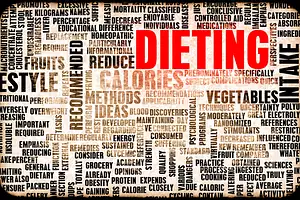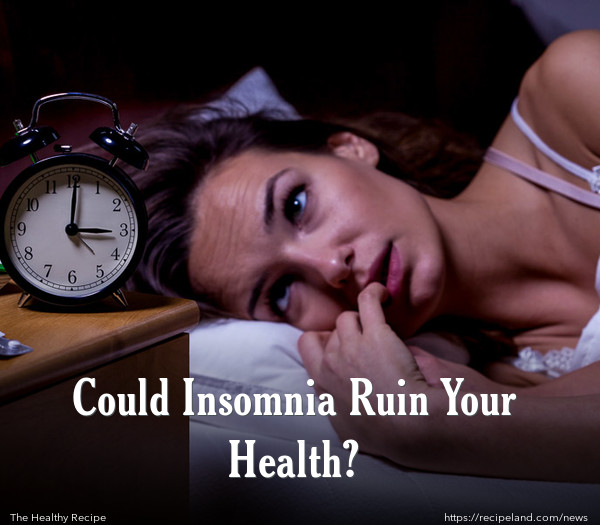New research has shown that not getting enough sleep at night not only makes it difficult to perform your daytime tasks, it can actually damage your health and put you at an increased risk for suffering heart attack or stroke!
Doctors and researchers have often wondered why patients experience heart attack and stroke even if they do not have any of the common risk factors. These common risk factors include: obesity, diabetes, smoking or high blood pressure. This questioning led doctors and researches to examine other risk factors that might increase a patient’s risk for suffering cardiovascular disease or stroke, like sleeping disorders.
Insomnia and Heart Attack
An analysis published in Sleep Medicine found that women who often feel tired during the day are at a 58% greater risk for developing cardiovascular disease than women who get a restful night’s sleep. Cardiovascular disease is the leading cause of death in the United States and Australia and is only second to cancer in Canada. Nearly 20% of adults are frequently tired during the day and are unable to stay awake and alert.
The links between insomnia, or sleeping disorders, and an increased risk of cardiovascular disease have been established in many previous studies. The Sleep Foundation points out on their website, sleepfoundation.org, that those who experience obstructive sleep apnea are at an increased risk for developing hypertension or heart disease.
Obstructive sleep apnea occurs when breathing is interrupted frequently throughout the night and is often accompanied by snoring. While sleeping disorders might not directly cause cardiovascular disease, there is a direct link between the two.
An analysis of the Nurse’s Health Study highlighted a few reasons why insomnia or sleeping disorders increase the risk of developing cardiovascular disease. Insomnia can lead to: increased hunger, leading to obesity; inflammation throughout the body; hypertension; and insulin resistance, resulting in a pre-diabetic state.
Insomnia and Stroke
A study reported in Stroke, a journal from the American Heart Association, found that those who suffer from sleeping disorders increase their risk of experiencing stroke by 54% when compared to participants who get a good night’s sleep.
The risk is even greater for young people! A study from Taiwan found that participants between the ages of 18 and 34 years old suffered stroke eight times more often than those of a similar age who experienced normal sleep. This study examined the lives of 21,438 insomniacs and 64,314 non-insomniacs over a period of four years. All of the participants were healthy when the study began. This ground-breaking study is the first to establish a link between insomnia and an increased risk of stroke and to report that those with untreated, frequent insomnia are at an increased risk of stroke when compared to those who have received successful treatment for their insomnia.
Good Sleep Equals Good Health
According to the National Heart, Lung and Blood Institute, getting a good night’s sleep can actually improve your health! Sleeping for a full eight hours at night allows your brain to work properly, helps you to learn new things, keeps your waistline trim, and allows your body to heal.
To get restful sleep at night, the Sleep Foundation recommends:
1. Exercising every day.
2. Relaxing before bedtime.
3. Avoiding afternoon naps.
4. Going to bed and waking up at the same time everyday.
5. Making sure that your room is free of distractions.
6. Choosing a comfortable mattress and pillows to sleep on.
7. If you find yourself unable to sleep, get up and do something until you feel sleepy.










Comments